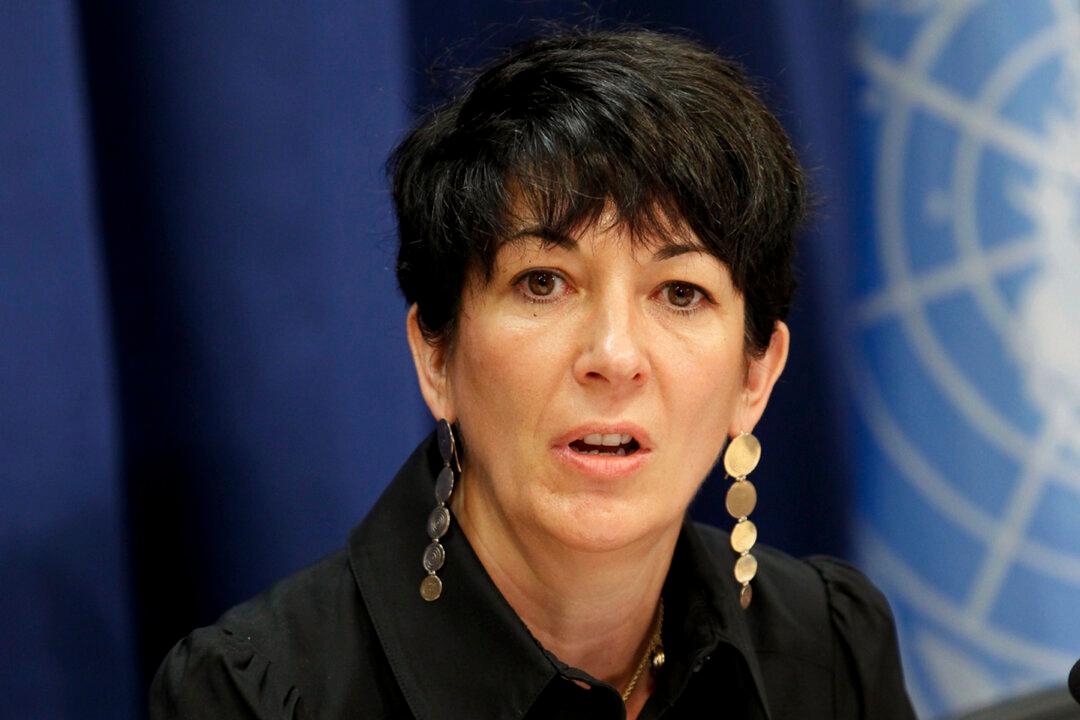Commentary
The recent trial of Ghislaine Maxwell raises, as prominent or complicated trials in the United States often do, serious questions about how the American criminal justice system operates.

The recent trial of Ghislaine Maxwell raises, as prominent or complicated trials in the United States often do, serious questions about how the American criminal justice system operates.